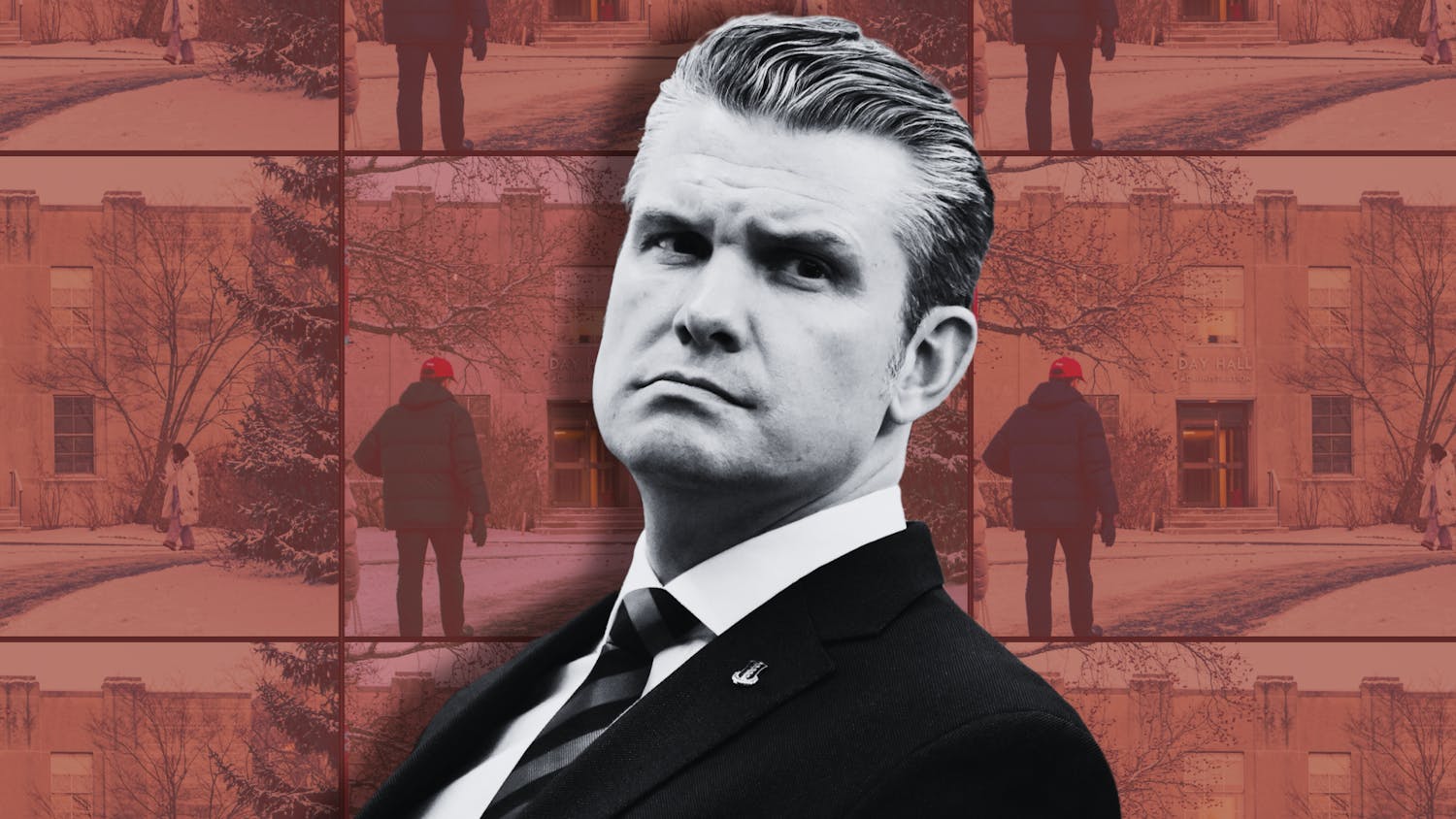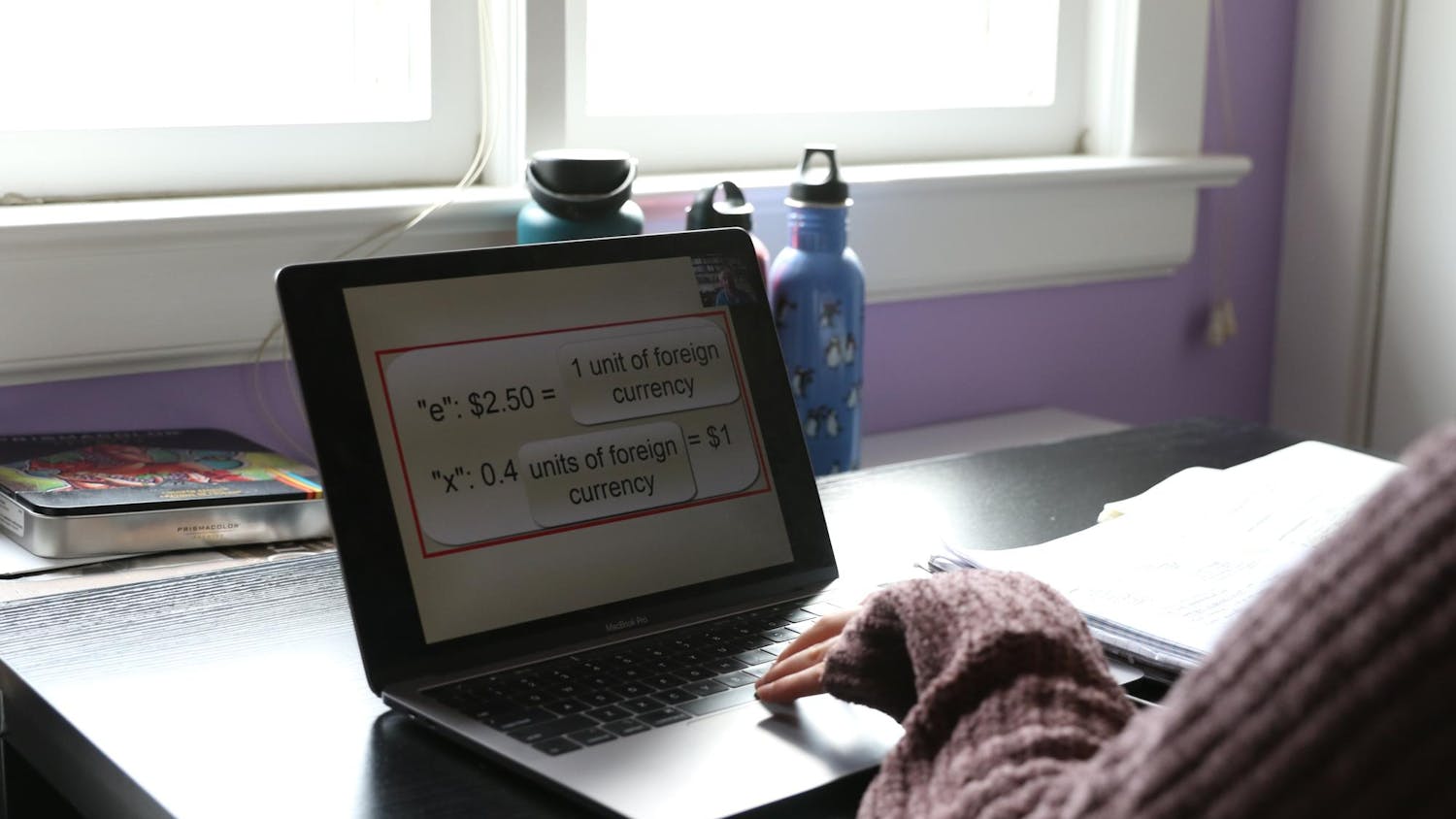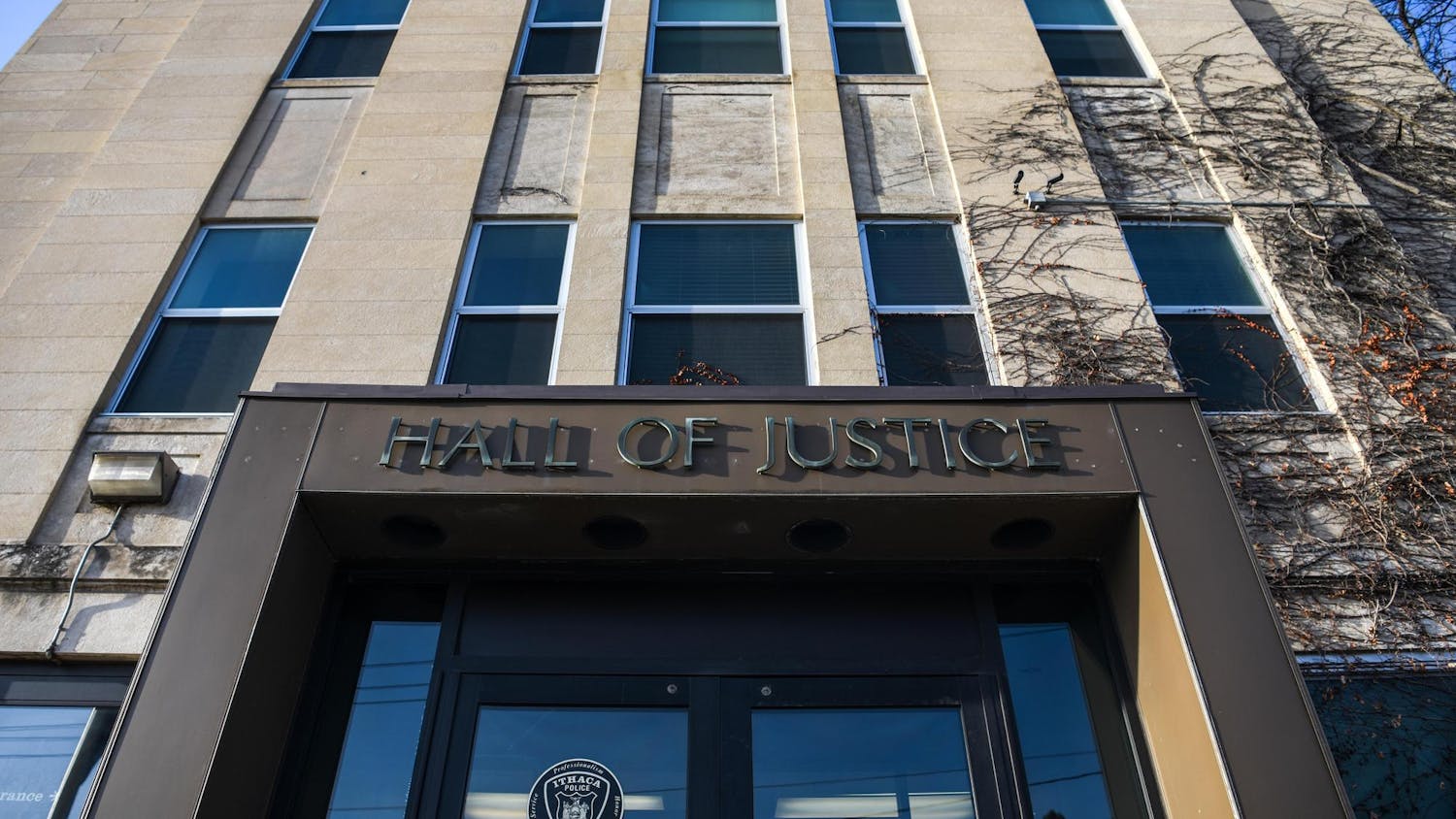Three days after Cornell unfurled more stringent travel and event restrictions, the COVID-19 outbreak caused West Coast campuses to cancel in-person classes. On the opposite coast, the governor of New York declared a state of emergency amid a climbing number of cases.
As recently as three weeks ago, the coronavirus was contained mostly to China, with policies focused on limiting international travel to East Asia. At the time, Tompkins County health officials maintained that the risk of infection in Ithaca remained “low.”
Now, the Tompkins County Health Department has a person under investigation for COVID-19, the health department announced in a March 8 press release. The patient is currently in isolation as they undergo testing for the virus.
In February, the Centers for Disease Control tested two Cornell students who showed symptoms similar to COVID-19 — the students tested negative. As of Saturday afternoon, 42 people have been quarantined in Tompkins County; six were released after showing no symptoms and 36 are still under quarantine.
The Tompkins County Health Department did not respond to a request for comment by the time of publication.
In a sign of the virus’ continuing strength, Columbia University announced Sunday night that it would cancel classes for at least two days after a person on campus was quarantined under suspicion of coronavirus exposure. That individual has not yet tested positive for COVID-19.
Before that, Stanford University and the University of Washington were the first colleges to close their classroom doors due to the novel coronavirus outbreak, announcing on Saturday afternoon that they would cancel all in-person classes for the last two weeks of their winter quarter. Both schools have one confirmed case on campus.
As of Saturday evening, Washington state has tallied 108 COVID-19 cases and 16 deaths; California follows with 88 cases. The two states account for half of the country’s 387 total cases.
The universities’ drastic measures left students — who normally would be preoccupied with finals at this time — with a new type of apprehension.
“I don’t know how to feel about it, because I don’t know what’s going to happen in the future, and that’s scary,” Habeeb Jimoh, a sophomore at Stanford, told The Sun. With plans to study abroad in Spain next quarter canceled, Jimoh called the outbreak “the biggest wrench ever in my life.”
The sudden shift to online teaching left professors scrambling to finish their courses before March 13, many of whom turned to Zoom to offer video options for lectures and office hours.
Ritik Shah, a sophomore at U.W., said that one computer science class completely canceled its final, planning to base student grades on the midterm instead. Other classes opted to weigh finals less in the total grade, making them open-note and collaborative.
The lack of consistency is in part due to the different nature of each class, but also can be attributed to the delay in U.W.’s announcement. U.W. professors were not given prior notice of the class cancelation until Saturday afternoon, when the rest of campus found out, according to Shah.
U.W. President Ana Mari Cauce plans to resume in-person classes after spring break in three weeks, but a sense of uncertainty looms over both campuses on whether the situation will worsen.
“With the increased availability of testing, we can expect that confirmed cases of COVID-19 will continue to grow in our region and perhaps in our university community,” Stanford Provost Persis Drell wrote to students. Stanford has not made announcements regarding on-campus classes for the next quarter.
And while the East Coast had been largely insulated from the outbreak until last week, a drastic increase in testing capacity has uncovered a growing number of COVID-19 cases.
In less than 24 hours, the number of cases confirmed in New York jumped from 44 on Friday to 76 — a hike that prompted Gov. Andrew Cuomo (D-N.Y.) to declare a state of emergency at a Saturday afternoon press conference.
“We are testing aggressively. The more positives you find, the better,” Cuomo told reporters, who cautioned that anxiety — not the virus — still posed the greatest threat to residents.
In New York, there are currently 57 cases in Westchester County, 11 in New York City, two in Rockland County and two in Saratoga County, which is north of Albany.
Joining Washington, California and Florida in announcing a public health emergency, Cuomo’s declaration frees up $30 million in funds, which will enable the state government to more quickly buy supplies, hire additional workers and expand monitoring capacity. On March 6, President Donald Trump signed a $8.3 billion bipartisan spending package to aid in fighting the disease’s spread.
Cornellians abroad in Italy, South Korea, mainland China, Iran and Japan are also under self-quarantine for at least 14 days. Visitors traveling from these countries in the past 14 days are not allowed to visit campus, Provost Michael Kotlikoff wrote in a lengthy COVID-19 update to the Cornell community on Thursday. Students are also barred from any international travel for Cornell-related purposes.
But as the spread of cases continues, few facets of life have been left unaffected, as everything from conferences to travel face upheaval.
Cornell has canceled or postponed major events with 100 guests or more until April 15, leaving events like the annual Hotel Ezra Cornell conference in the air. Campus tours and visitor events have also been canceled.
Hotel Ezra Cornell — a 95-year-old hotel school tradition — is currently exploring virtual options for its annual conference or the prospect of a “local community gathering,” according to an email from the School of Hotel Administration Dean Kate Walsh.
Alternative Breaks has also canceled its spring break trips to New York City. Instead, the group plans to stay on campus and work in Ithaca.
Even professors at Cornell are canceling classes and resorting to distance learning measures because of the outbreak. In a Canvas notification sent to students in Biology and Society 1942: The History of Europe, Prof. Peter Dear, science and technology studies, wrote that he would teach remotely after consulting with his department.
It is unclear how the COVID-19 outbreak will affect Cornell’s operations after spring break. According to Kotlikoff, Cornell does not currently foresee COVID-19 affecting day-to-day operations, but University leadership is working to develop contingency plans.
The company OurBus emailed customers Sunday night, writing that it would continue to operate amid the outbreak, but was taking extra precautionary measures to disinfect vehicles and to ensure that drivers who are ill are not working.
In the Thursday email, Kotlikoff urged students not to travel abroad during spring break. In a statement to The Sun, the University referred to Kotlikoff’s most recent email as the latest COVID-19 update.
“As the university continues to monitor the national and global impacts of the coronavirus, please know that the situation is fluid,” Kotlikoff wrote, “and we anticipate that future policy changes or guidelines may be required over the coming weeks.”

Cornell Braces for Virus as Upstate N.Y. Reports First Case of COVID-19, West Coast Colleges Close Classrooms
Reading time: about 7 minutes
Read More










